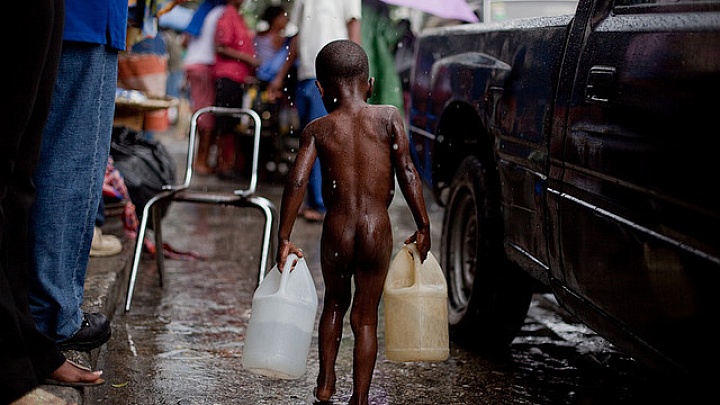
The concept of security has always been one of the most contested constructs in the social world, and the disputes and inter-subjective consensus around its meaning, referents and institutional objectivation are bound to become constitutive of the political itself. So much so that at the core of every rendering of what politics is all about one can find particular understandings of how to protect core values and things, i.e. of that which threatens the meaningful community and the very ontological survival of individuals and intermediate bodies. Therefore, the political nature of security rests undeniably in the social practices of interest definition – security is always for someone and for some purpose, to draw on Robert Cox’s claim – and in the connected social practices of community definition –which bonds are politically meaningful and should produce rights and duties among individuals, to draw on Andrew Linklater.
Discourses of security – what it is and who it is for – rest in opposing, some would say incommensurate, understandings of the epistemological and ontological nature of the social world, thereby raising agonistikós (or contention) to the forefront of policy-making and agenda-setting. The traditional agenda of international security is full of dilemmas and threats states pose to the survival of other states and their borders. In a way, twentieth century international relations can be portrayed as the collective search to institutionalize security guaranties for states and the international system vis-à-vis those dilemmas and threats. However, since the end of the cold war, a new perspective has gathered momentum in policy circles and global civil society, according to which security must be framed in global terms – not just interstate violence – in order to rejoin the consciousness and survival concerns, mainly trans-border in character, of an emerging global community.
Addressing Human Vulnerabilities
While traditional security discourses reinvent themselves arou
